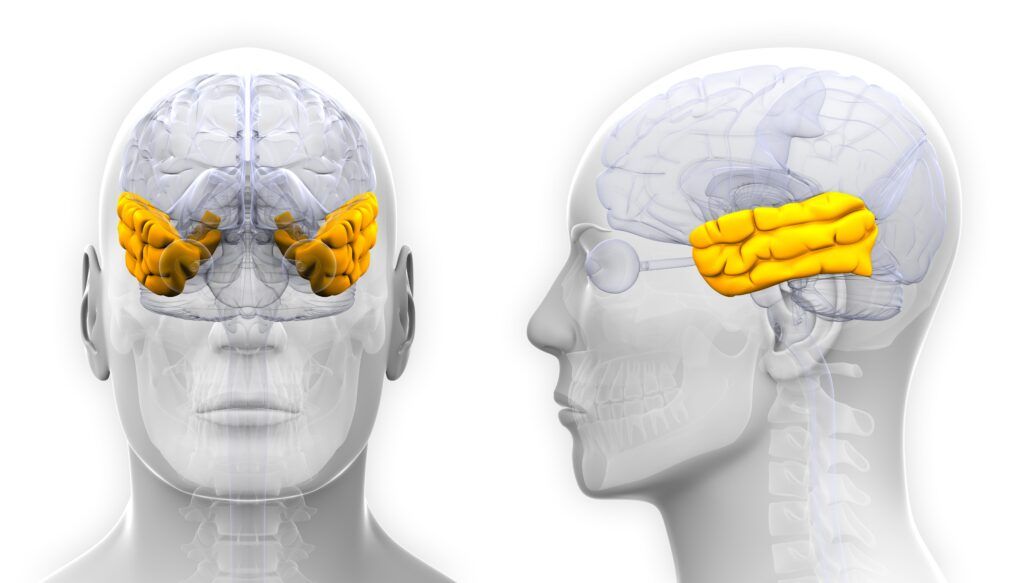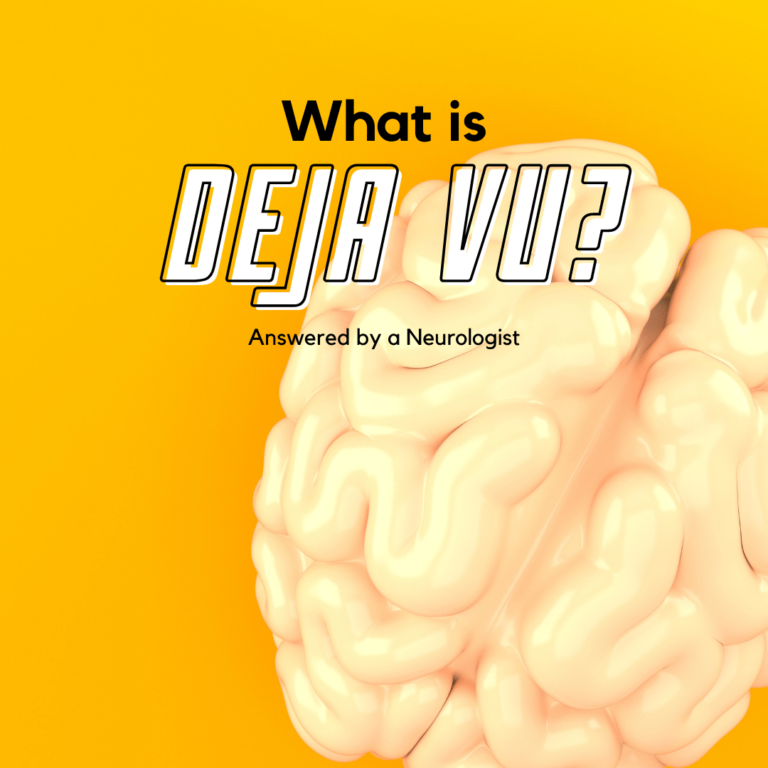Have you ever experienced that feeling of déjà vu? That strange sense that you have been someplace before or done something before? For many people, déjà vu is a puzzling phenomenon. But what is it, exactly? And where does it come from? Today, we will answer these questions by discussing the science of déjà vu. We will be looking at the latest research on this topic, and speaking with a neurologist about what scientists know about this mysterious phenomenon. Stay tuned for an in-depth look at deja vu!
What is Déjà vu?
Déjà vu is a French term that translates to “already seen”. Déjà vu is the feeling that you have been in a place or situation before, even though you know you haven’t. It’s a fleeting feeling, and it can be triggered by anything from a place to a person to a smell.
The Cleveland Clinic estimates that around 60-70% of healthy people experience déjà vu at some point in their lives. It is believed that most of these instances are triggered by visual input, however it can also commonly be triggered by spoken words. It is also found to mostly affect people between the ages of 15-25, those who have more education, those who travel, and those who remember their dreams. It has also been found that déjà vu is more likely to occur on weekends or evenings.
So what causes déjà vu?
There are a few theories, but the most likely explanation is that it’s a glitch in your memory. When you experience déjà vu, your brain is trying to piece together a new experience with memories of similar experiences from the past. But for some reason, your brain gets it wrong, and you end up with the feeling that you’ve been there or done that before.

Scientists aren’t entirely sure why this happens, but it’s thought to be related to how our brains store memories. Usually, when we form a new memory, it is stored in a specific part of the brain known as the temporal lobe. However, the temporal lobe is also responsible for the brain’s ability to detect familiarity. But sometimes, the brain misfires neurons for recognition and familiarity during present events, and that’s when we might experience déjà vu.
There are a few other theories about what causes déjà vu, but the most likely explanation is that it’s just a glitch in your memory. So next time you have that feeling of déjà vu, don’t worry, you’re not going crazy, you’re just experiencing a normal part of human cognition!
When Déjà vu is Dangerous
In some cases, déjà vu can be a sign of a more serious underlying condition, such as epilepsy or another neurological disorder. Déjà vu may be serious when:
- you experience déjà vu frequently (a few times per month)
- it is accompanied by other symptoms like seizures or headaches
- it is accompanied by abnormal dream-like memories or visual scenes
- is followed by a loss of consciousness, unconscious chewing, fumbling, rapid heart rate, or a feeling of fear
In the case that you are experiencing any of these symptoms, it is important to see a neurologist, as déjà vu may be an early warning sign of a more serious condition.
In Conclusion
In this blog post, we have answered the question: what is déjà vu? We have looked at the latest research on this topic, and spoken with a neurologist about what scientists know about this mysterious phenomenon. Déjà vu is a feeling that you have been in a place or situation before, even though you know you haven’t. The most likely explanation for déjà vu is that it’s just a glitch in your memory. So next time you have that feeling of déjà vu, don’t worry, you’re not going crazy, you’re just experiencing a normal part of human cognition!

Dr. Kashouty, a diplomate of the American Board of Psychiatry and Neurology (ABPN), practices general neurology with fellowship trained specialization in clinical neurophysiology. Dr. Kashouty finds the form and function of the nerves and muscles the most interesting part of neurology, which is what led him to specialize in neurophysiology with more emphasis on neuromuscular conditions. He treats all neurological diseases, but his main focus is to treat and manage headaches, movement disorders and neuromuscular diseases.




